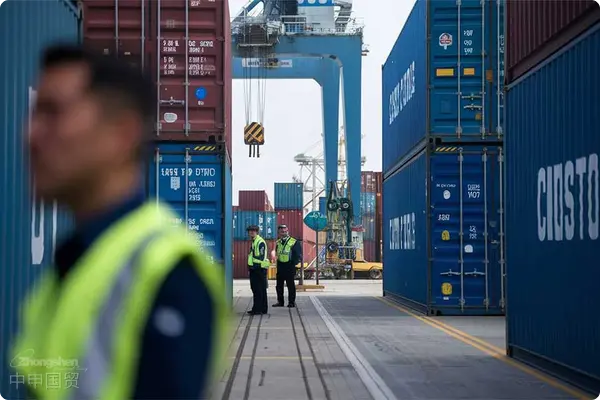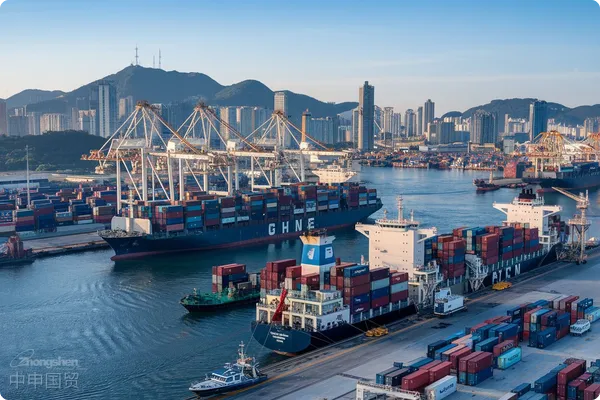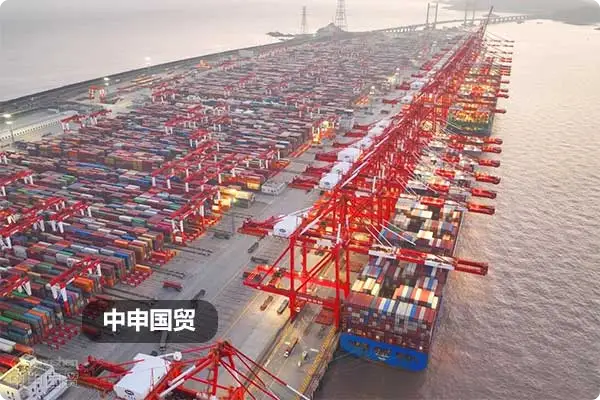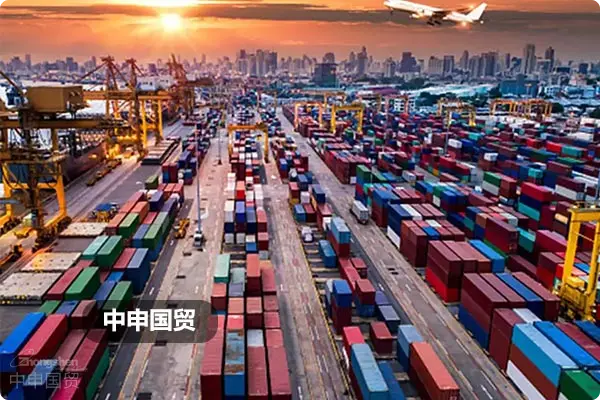- Shanghai Zhongshen International Trade Co., Ltd. - Two decades of trade agency expertise.
- Service Hotline: 139 1787 2118
What is Golden Tax Phase IV?
Golden Tax Phase IV is an upgraded version of Golden Tax Phase III. The Golden Tax Project is a national-level e-government project approved by the State Council, representing the overall term for the tax management information system project. The most significant feature of Golden Tax Phase IV is the establishment of a relatively comprehensive enterprise information verification system.

Golden Tax Phase IVs Impact onforeign tradeimport and exportEnterprises
Due to the lack of professional tax and financial teams, most small and medium-sized enterprises engaged in foreign trade have insufficient awareness of their tax obligations, leading to behaviors such as concealing income, underreporting, or failing to declare taxes.
For foreign trade import and export enterprises seeking to claim export tax refunds (exemptions), specific VAT special invoices are crucial conditions for obtaining foreign exchange and common risk points. If abnormal invoices are discovered, according to the Announcement on the Management of Abnormal VAT Deduction Certificates and Other Related Matters (State Taxation Administration Announcement No. 38 of 2019), enterprises will be suspended from export tax refunds (exemptions) pending investigation by the tax authority. Enterprises that have already received refunds (exemptions) must first return the taxes. The rapid submission of unusual electronic invoices effectively tests the ability to conduct business background checks and control suppliers.
In some cases, foreign trade companies purchase goods from individuals or sole proprietors but cannot obtain VAT special invoices from their upstream stages.Export DrawbackTherefore, the company exports through purchasing export rights, but this method cannot be used domestically.In order to crack down on tax evasion, the customs and tax departments are now strictly examining the operation of buying export declarations. If the behavior of buying export declarations is discovered, the regulatory authorities will require tax replenishment (even a 2% tax rate may be a considerable amount). In addition, fines may also be imposed on the relevant responsible parties.As a result, payments are remitted back to the domestic legal persons private account through third-party payment institutions or underground banks, without being taxed. With the integration of foreign exchange and bank information, the risks of such activities are increasing. If personal account funds are linked to underground banks or fraudulent sources, the personal account will be frozen. Additionally, with the integration of customs, tax, business, and trade information, purchasing export rights is more likely to be detected. If subjected to tax audits, it may involve back taxes and penalties, typically calculated based on the full transaction amount.
After the completion of Golden Tax Phase IV, under the background of tightened tax policies, enterprises need to strengthen tax awareness and compliance management while leveraging tax incentives to prudently reduce tax burdens and avoid tax risks.
. For more relevant information and content, welcome to followThe Impact of Golden Tax Phase 4 on Foreign Trade Import and Export EnterprisesZhongshen International TradeDangerous Goods.
Related Recommendations
? 2025. All Rights Reserved. Shanghai ICP No. 2023007705-2  PSB Record: Shanghai No.31011502009912
PSB Record: Shanghai No.31011502009912










